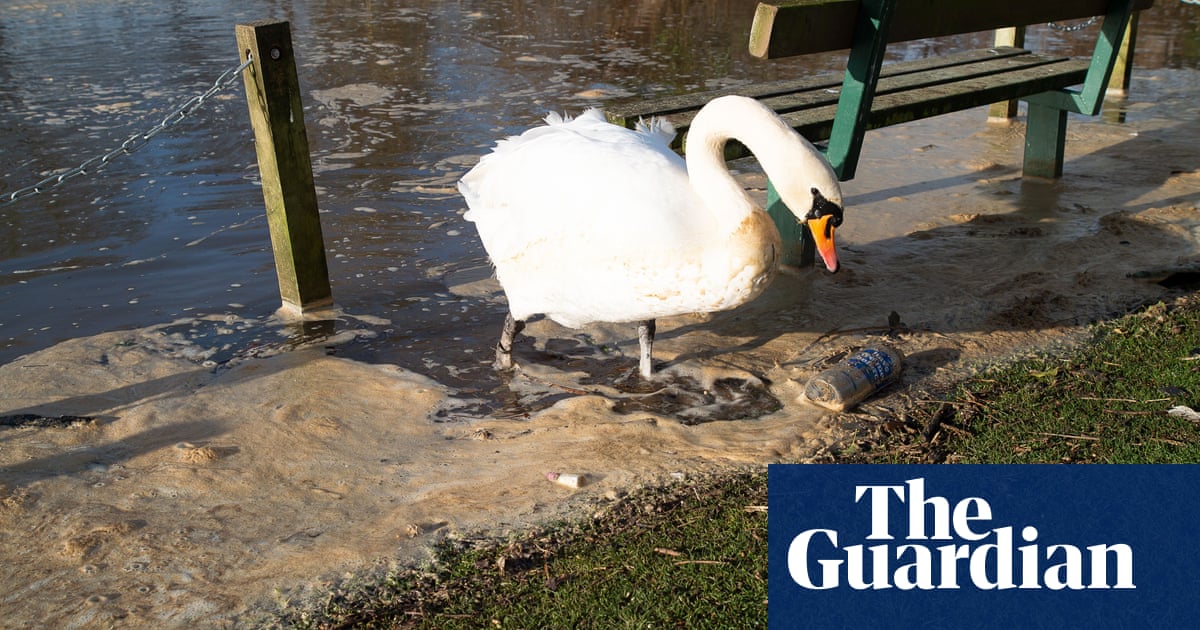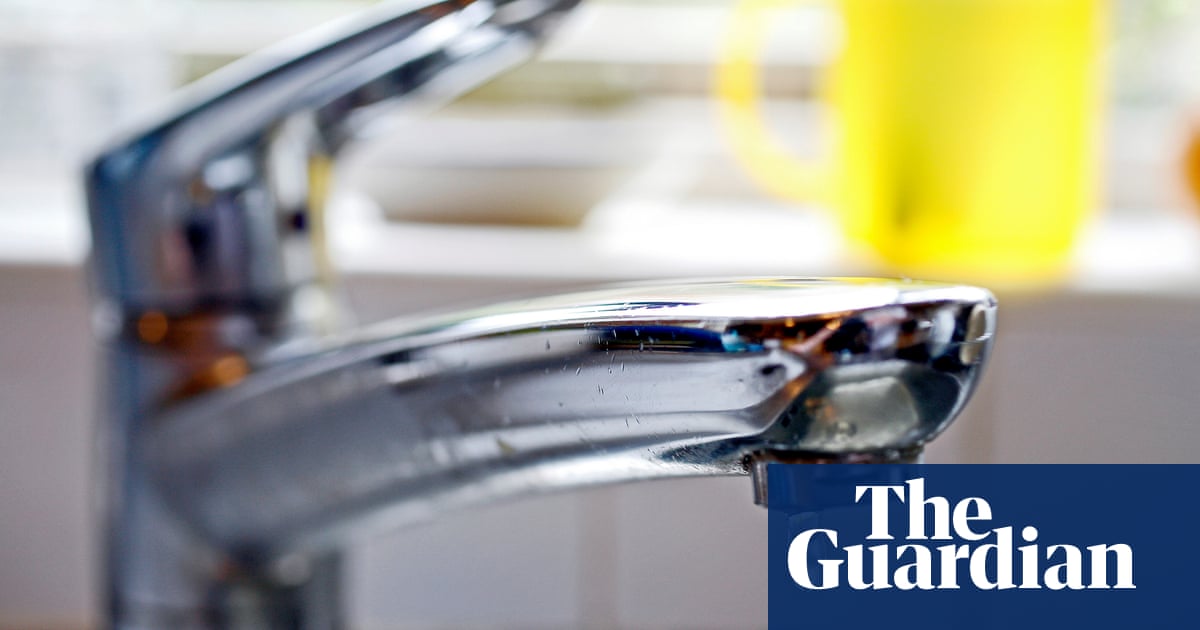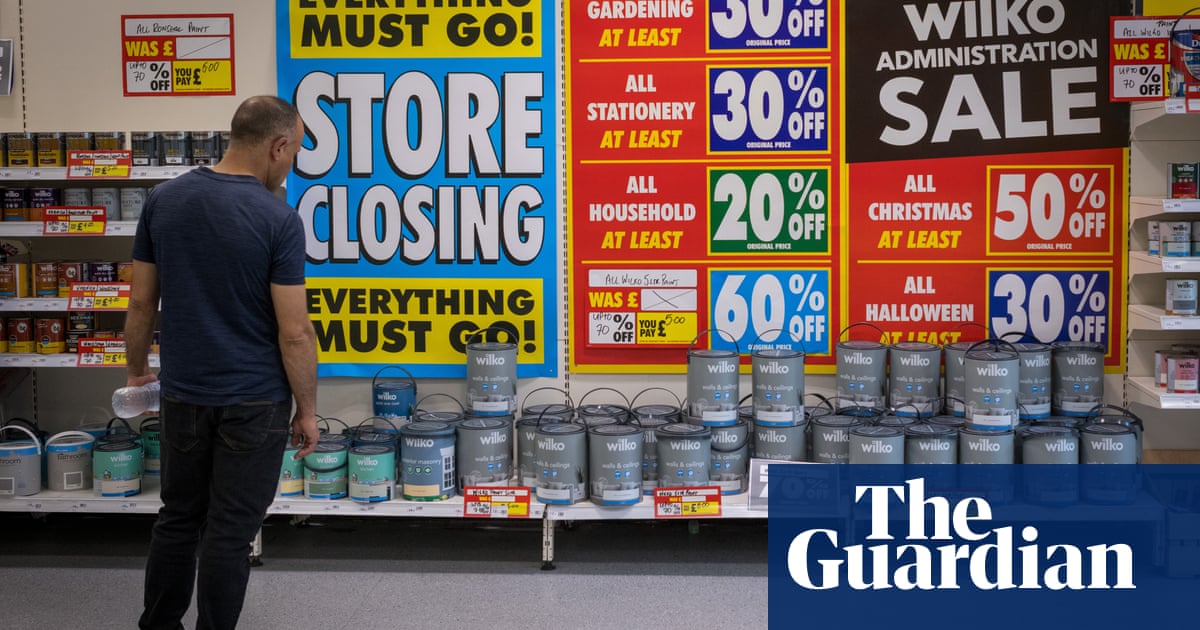
Water companies in England and Wales lost more than 1tn litres via leaky pipes last year, according to the sector’s latest figures.
The industry and its financial regulator, Ofwat, say the water companies lost an average of 2,923.8m litres of water a day in 2021-22, equating to 1.06tn litres over the year, although Ofwat said the figures remained provisional until it has completed validation checks.
The figure amounts to the equivalent of 426,875 Olympic swimming pools or more than three and a half Lake Windermeres.
Thames Water leaked the largest volumes, according to the industry body Water UK, losing 217bn litres of water over the year – this week, the company announced it would introduce a hosepipe ban from 24 August, affecting 15 million customers.
Severn Trent Water followed close behind with 161bn litres leaked over the year, United Utilities with 151bn litres leaked, Yorkshire Water with 103bn litres and Northumbrian Water with 69bn litres lost.
Water UK’s data, shared with the Guardian, shows total leakage has fallen slightly over the past five years, down from 1.2tn litres a year in 2017-18, and these figures are corroborated by Ofwat.
However, the volumes leaked by each water company, according to Water UK, do not tally with those previously published by Ofwat in its annual service delivery reports. The regulator says this is because it introduced a new reporting methodology and that it has had to recalculate past leakage volumes to bring them in line with it.
Ofwat said it “updated leakage performance reporting for consistency, requiring all companies to report a three-year average” and that before the sector’s PR19 (2019-24) five-year business period, “companies were able to report performance in different terms – for example some used annual figures and others used three-year averages or averages over a longer period”.
Feargal Sharkey, the musician and vice-president of the charity WildFish, said the changes suggested the previous leakage figures were “basically bollocks” as companies could choose how to present the figures, and showed “Ofwat has been taken hostage by the water industry and is suffering a bad case of Stockholm syndrome”.
“People will no longer accept this kind of propaganda and Ofwat, with all its incompetence and failings, needs to start behaving like a regulator,” he added.
As with sewage pollution discharges, the sector reports its leakage volumes to the regulator after having them verified by external consultants contracted by the water companies.
Each company assesses leakage using Ofwat’s methodology, a top-down approach based on a water balance and a bottom-up calculation that looks at minimum night flows in discrete metered areas. The two assessments are then reconciled using a “maximum likelihood estimate” statistical method, but given the complexity of the systems some uncertainty around the figures remains.
Ofwat says the provisional and unverified 2021-22 leakage volumes are at the “lowest level since privatisation” but performance is still not good enough and that it will keep pushing the water companies.
“Over the last 20 years we’ve imposed fines, penalties and secured spending commitments totalling over £339m specifically for failure on leakage,” an Ofwat spokesperson said.
“This money has been used to improve performance, and where appropriate, money has been returned to customers at the expense of shareholders. Companies’ performance on leakage has been improving in recent years but it is still not good enough … Where they fail, we will act to hold them to account.”
A Water UK spokesperson said water companies were committed to “radically reducing leakage, building on recent announcements of the lowest ever on record with further steep reductions planned each year.
“Companies have increasingly been putting innovation and technology at the heart of these efforts. Intelligent networks, smart sensors, satellite technology and drones are all part of the armoury that’s being deployed to detect and fix leaks faster than ever.”
The spokesperson said investment was needed to increase storage. “We have proposed and are progressing £14bn of new investment to deliver 18 projects that include reservoirs and extensive schemes to move water around the country, enough to supply 10 million people.”
Defra said it had “already proposed tough short- and long-term targets on water companies to reduce water leakages and are proposing legally binding targets to reduce leaks by over 30% by 2037.
“The government will continue to challenge those with the poorest records on leakage to maintain their networks and lower the levels of water needlessly lost. If we don’t see the changes we expect, we won’t hesitate to take further action.”
Meanwhile, swathes of England have been officially deemed as being in drought, including Yorkshire, Devon and Cornwall, the Solent and South Downs, Kent and south London (including East Sussex), Herts and north London, East Anglia, Thames, Lincolnshire and Northamptonshire, and the east Midlands.
As a result, millions of people are banned from using hosepipes, and some water firms have been granted drought orders that allow them to take more water from rivers and groundwater, potentially at the detriment of the environment because many rivers already have low flows.
The water sector has received widespread criticism over its preparedness for drought, its poor pollution performance and the large sums of money being paid to directors and shareholders, prompting some, including the Labour party, to call for its renationalisation.












